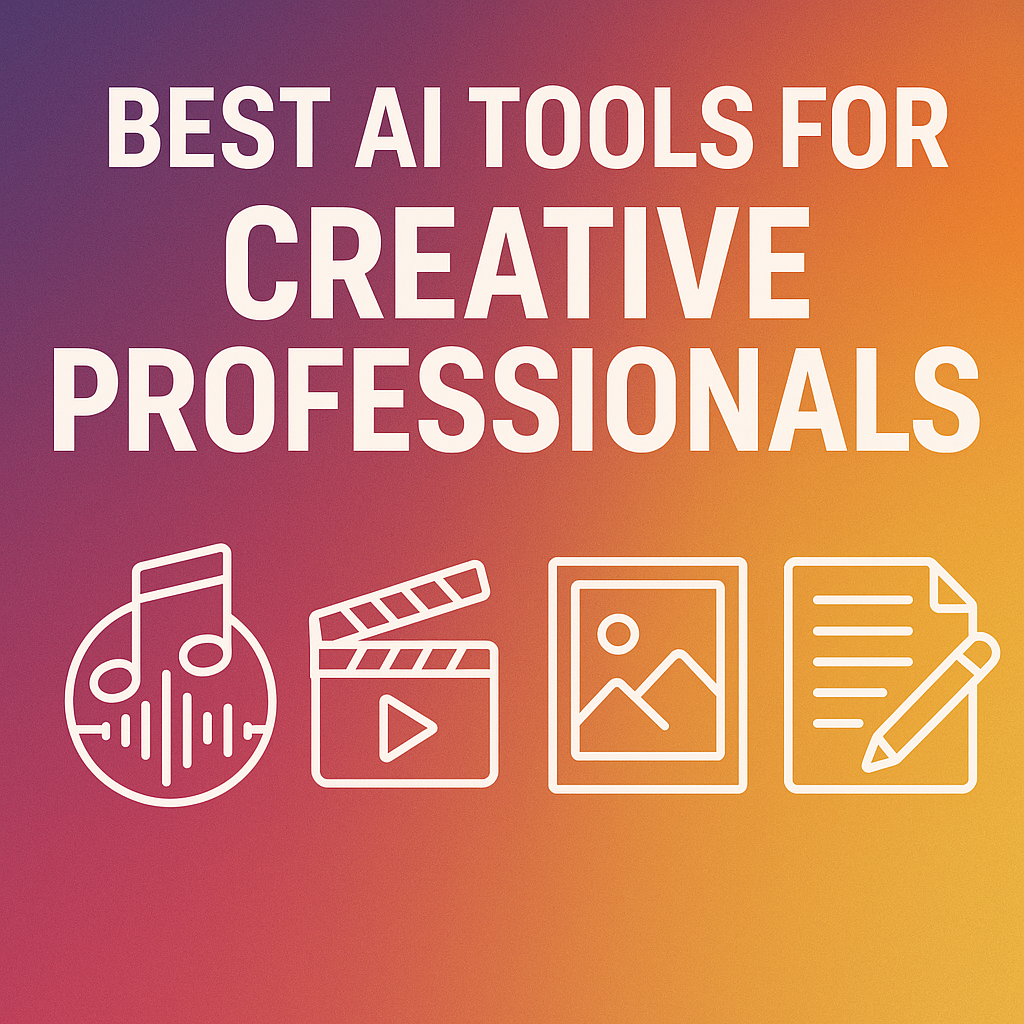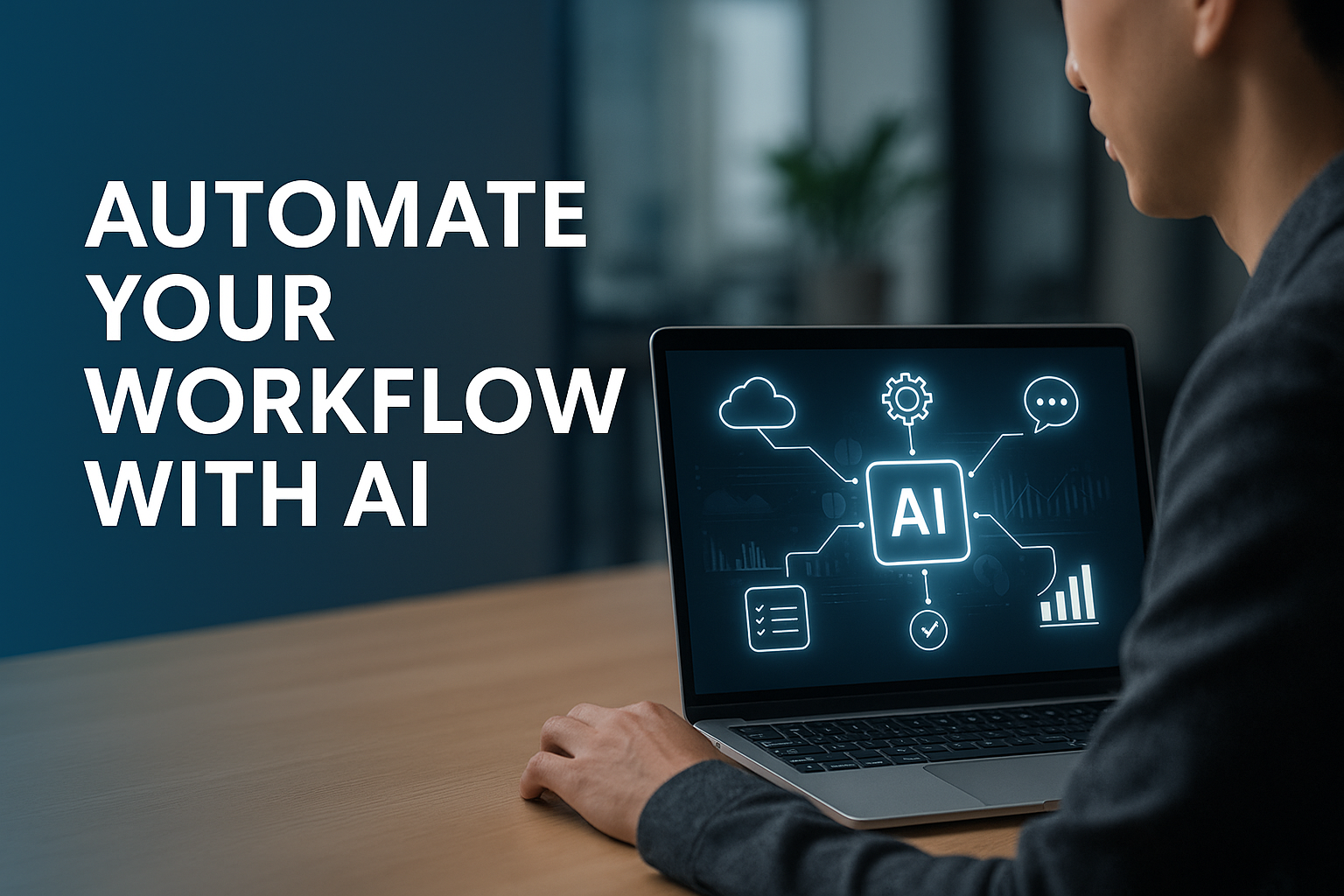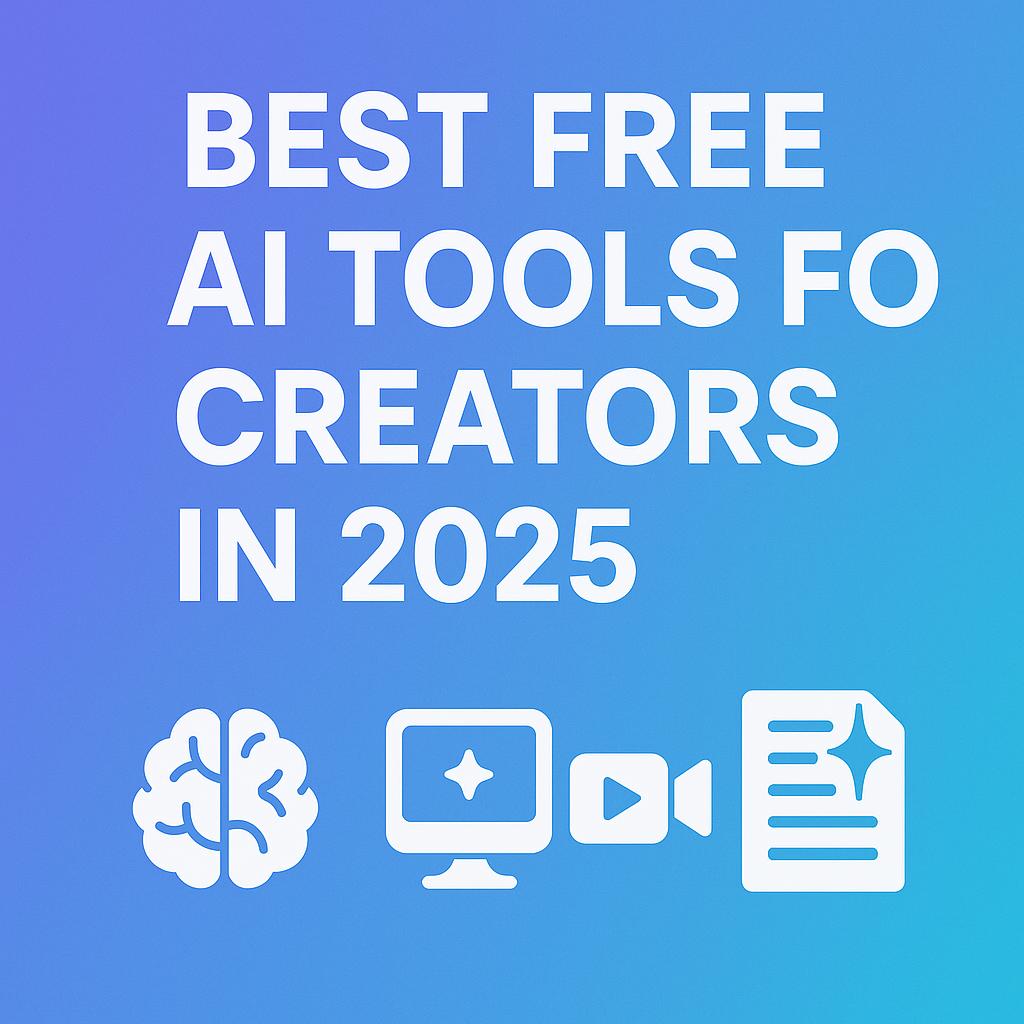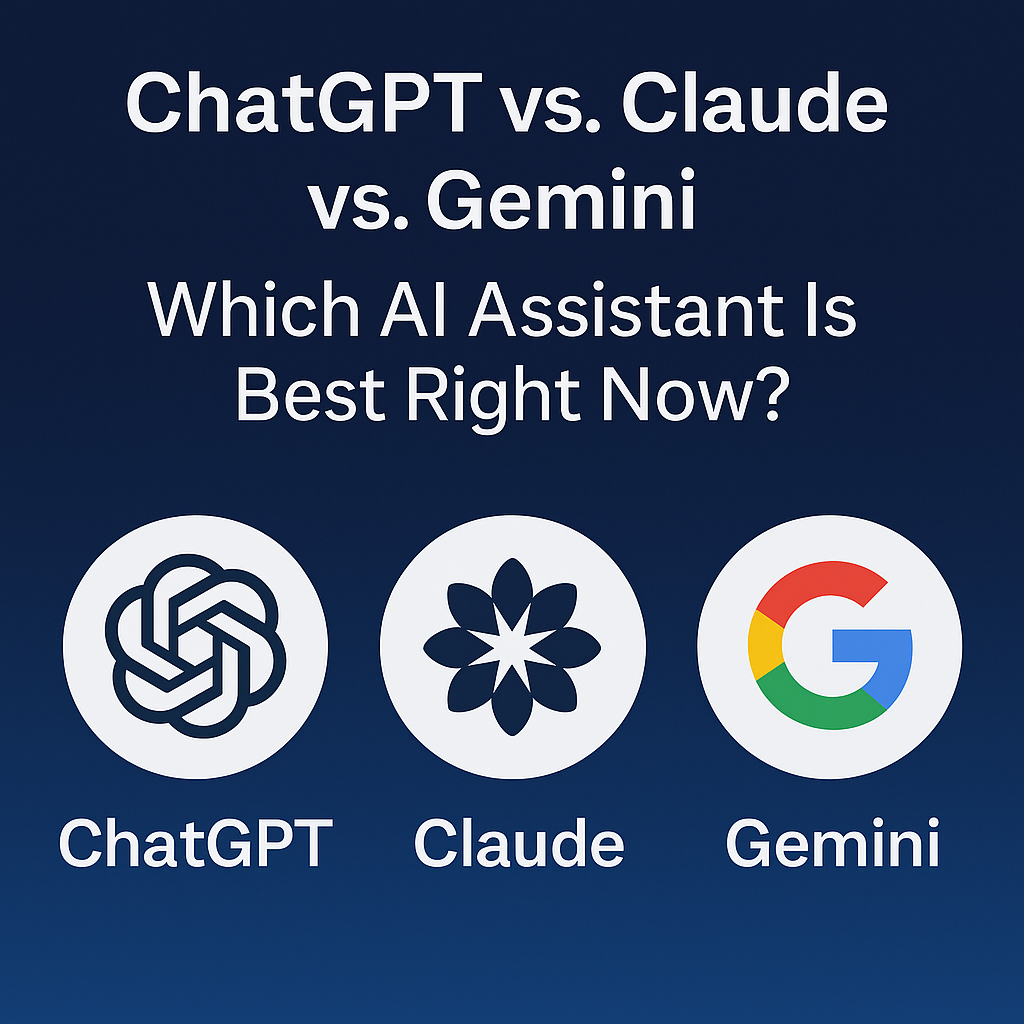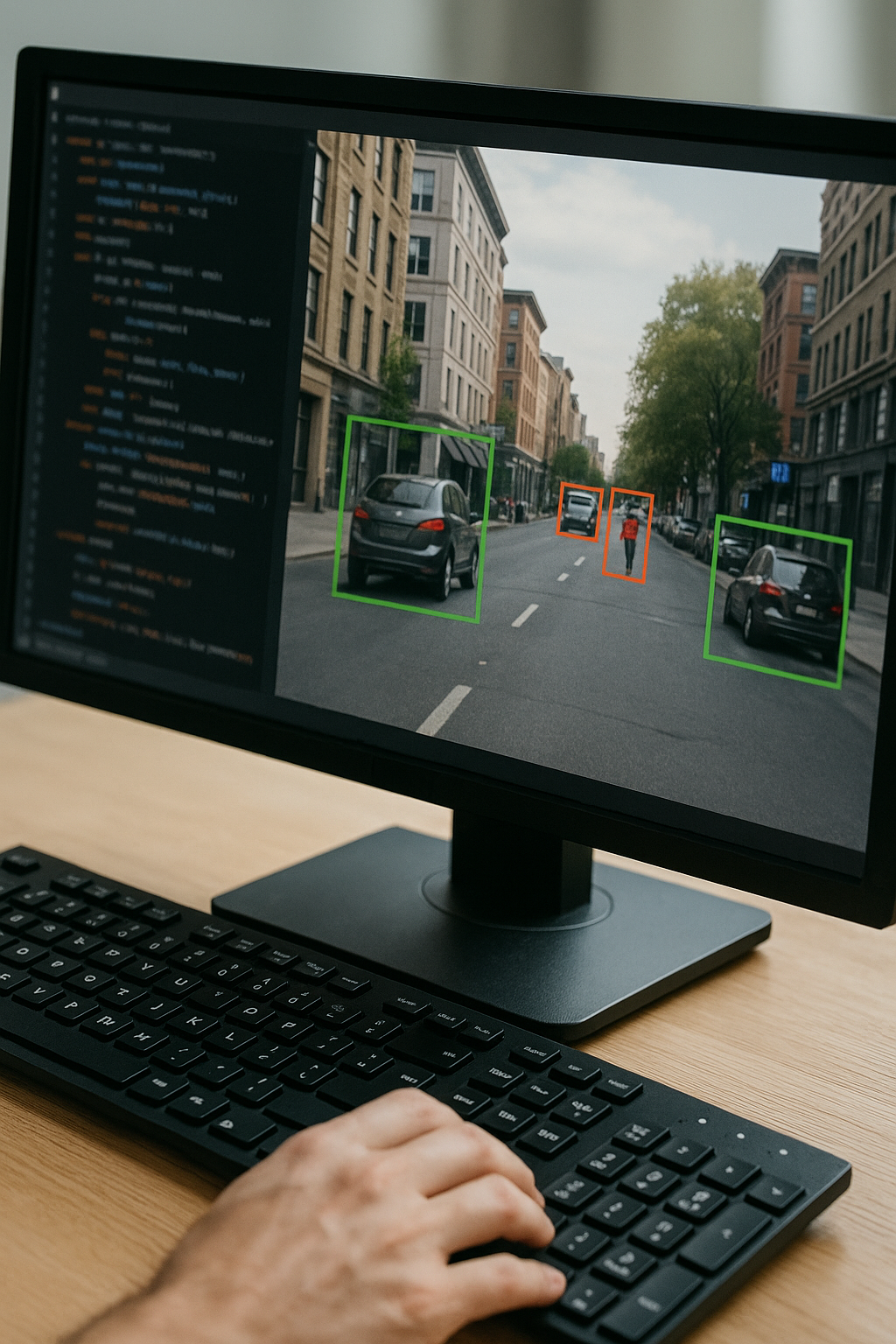The 7 Biggest AI News Stories of the Week
Shaping the Future of Technology
The world of AI is a constant hub of innovation, offering groundbreaking advancements that ripple through industries and societies alike. Over the past week, significant strides and developments have emerged across multiple sectors, from healthcare to content creation. Let’s dive into the most impactful AI stories of the week, breaking down their implications for businesses, individuals, and the global tech ecosystem.
1. OpenAI’s ChatGPT Custom GPTs Become Available to All Users
OpenAI’s latest upgrade to ChatGPT has taken user personalization to the next level. The "Custom GPTs" feature, initially limited to professional users, is now accessible to all. This allows users to create tailored AI models that cater to specific needs, such as automating workflows, offering targeted customer support, or even acting as a personal tutor. With an intuitive setup process, anyone can design a custom GPT without advanced programming knowledge.
Early adopters have reported applications ranging from optimizing business processes to creating fun, niche chatbots for hobbies and social interactions. The potential for both individual creativity and business innovation is vast.
Why It Matters: By making advanced customization widely available, OpenAI empowers users to build unique solutions, fostering creativity, efficiency, and accessibility in AI applications. This move democratizes AI, enabling small businesses and individual users to harness technology previously limited to enterprise-level developers.
2. Global Leaders Tackle AI Regulation in Landmark Summit
At a much-anticipated global AI summit, leaders from governments, tech giants, and academic institutions gathered to discuss the pressing need for AI regulation. Topics included ethical AI use, mitigating risks such as misinformation and deepfake abuse, and ensuring equitable access to AI technologies. High-profile tech CEOs like Sam Altman (OpenAI) and Sundar Pichai (Google) joined policymakers to hammer out a preliminary framework for AI accountability and safety.
Key takeaways include proposals for AI auditing systems, transparent development practices, and discussions about the potential creation of an international AI regulatory body—similar to the International Atomic Energy Agency.
Why It Matters: With AI technologies rapidly evolving, regulation is critical to balancing innovation with safety. Clear guidelines will help ensure AI’s potential is maximized while minimizing harm, such as privacy violations or misuse in political propaganda.
3. NVIDIA Solidifies Dominance in AI Hardware with Cloud Adoption
Cloud providers, including Amazon Web Services (AWS) and Google Cloud, have announced massive investments in NVIDIA’s AI computing platforms. Known for their unparalleled performance in handling machine learning workloads, NVIDIA GPUs (graphics processing units) are now essential in training large AI models such as ChatGPT and Google’s Bard.
In addition to hardware, NVIDIA’s software ecosystems like CUDA and its AI-specific libraries make it the go-to choice for developers. This news reinforces the company’s position as an industry leader, with its stock continuing to surge.
Why It Matters: As the backbone of many advanced AI systems, NVIDIA is instrumental in enabling the next generation of breakthroughs, from autonomous vehicles to generative AI tools. Its dominance ensures that cutting-edge innovations remain within reach for developers and companies.
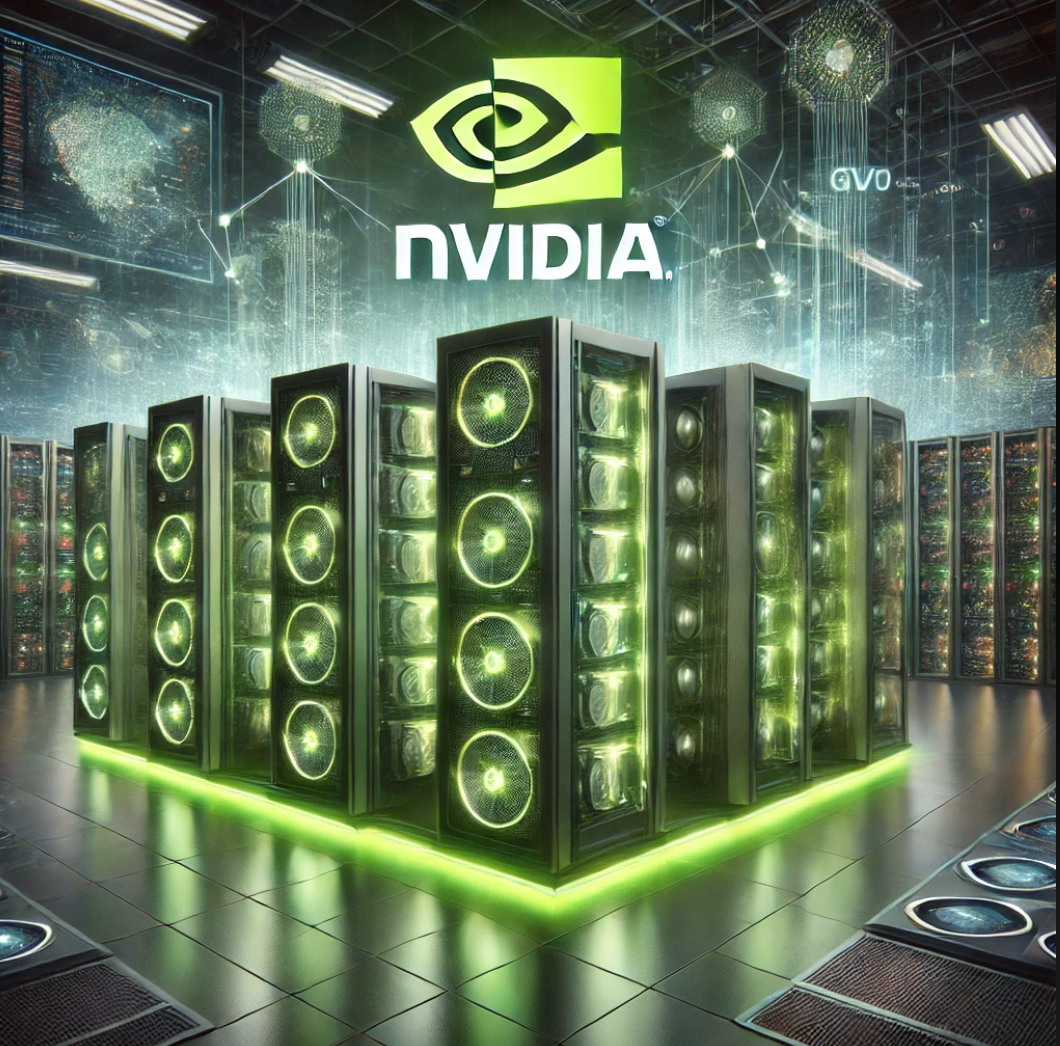
4. AI Revolutionizes Healthcare with Predictive Diagnostics
Healthcare made headlines this week as AI researchers unveiled a diagnostic model capable of predicting early symptoms of Alzheimer’s and Parkinson’s diseases with unprecedented accuracy. Collaborating with leading universities, this AI model uses vast amounts of patient data, including biomarkers, to detect subtle patterns often missed by traditional diagnostics.
The implications are transformative. Early detection can lead to earlier interventions, potentially slowing disease progression and improving quality of life for millions of patients. Critics have raised concerns about privacy issues, but proponents emphasize the life-saving potential of this technology.
Why It Matters: AI’s application in healthcare could redefine how we approach chronic and life-altering conditions, shifting the focus from treatment to prevention. As these technologies advance, they promise to extend lifespans and improve patient outcomes globally.
5. Meta Introduces AI Creativity Suite for Content Creators
Meta unveiled a new suite of AI-powered tools designed for social media creators. This includes tools for generating text-to-image posts, video editing features, and analytics-driven audience engagement strategies. A standout feature is the ability to edit existing content using AI, saving creators time and effort while maintaining high-quality standards.
Influencers and businesses have already started leveraging these tools to enhance their reach on platforms like Instagram and Facebook. For small business owners, the AI suite offers a cost-effective way to produce professional-grade content without hiring a creative team.
Why It Matters: As the competition for attention on social media intensifies, these tools democratize content creation, enabling creators of all sizes to produce impactful and engaging material. Businesses, in particular, stand to benefit from improved branding and outreach.
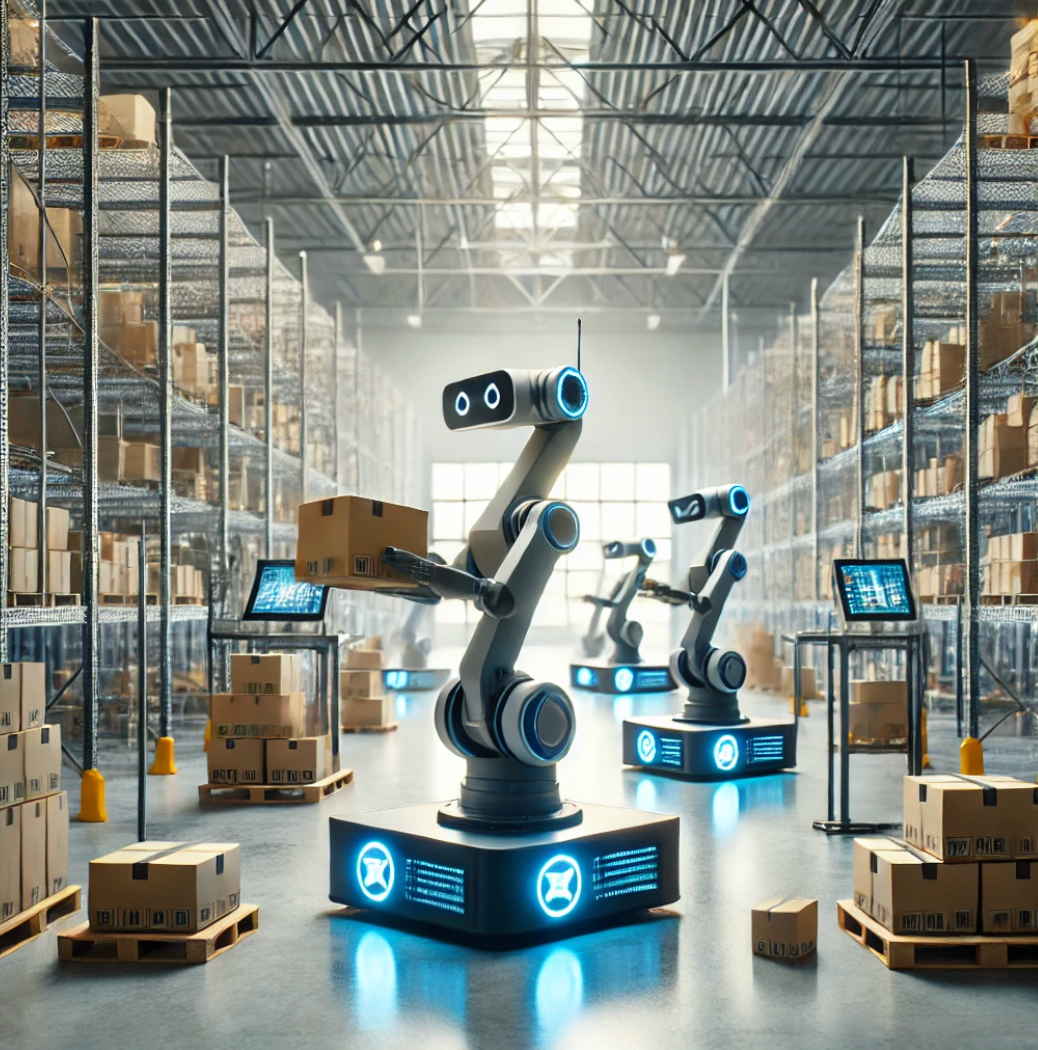
6. Amazon Debuts AI-Powered Robotics for Warehousing
Amazon unveiled its latest AI-driven robot, Sparrow, designed to revolutionize the warehousing process. Equipped with advanced vision and machine learning capabilities, Sparrow can sort, pick, and package items faster and more accurately than ever before. This innovation highlights Amazon’s continued push toward automating its logistics operations.
While the efficiency gains are undeniable, this development has reignited debates about the future of human labor in automated industries. Critics argue for the need to reskill displaced workers, while proponents point to the economic benefits of improved supply chain efficiency.
Why It Matters: AI-powered robotics is set to reshape industries that rely on repetitive tasks, balancing the benefits of increased productivity with the need for ethical workforce transitions.
7. DeepMind Achieves New Milestone in AI Translation
DeepMind announced a significant improvement in its AI-powered translation models, particularly for low-resource languages. By cutting translation errors by more than 50%, this advancement enhances communication and access to information for communities that often lack reliable digital tools.
The updated models are being integrated into widely used platforms, making it easier for users to interact with content in their native language. For businesses, this development opens doors to global markets by reducing language barriers.
Why It Matters: Language inclusivity ensures that the benefits of AI reach underserved populations, fostering greater equity in the digital age. This milestone underscores AI’s role in breaking down barriers and uniting diverse communities.
The Future of AI is Unfolding—Stay Informed
From transformative healthcare tools to creative platforms and regulatory frameworks, the past week has shown us how AI continues to shape our world. These developments aren’t just technical—they impact how we live, work, and connect.
Want to stay ahead of the AI curve? Sign up for our newsletter to receive weekly updates on the latest AI breakthroughs, exclusive insights, and tips for leveraging AI in your life and business. Don’t miss the chance to be part of the future!
Sign Up For Our Weekly Newsletter and Get Your FREE Ebook " AI For Everyone - Learn the Basics and Embrace the Future"



